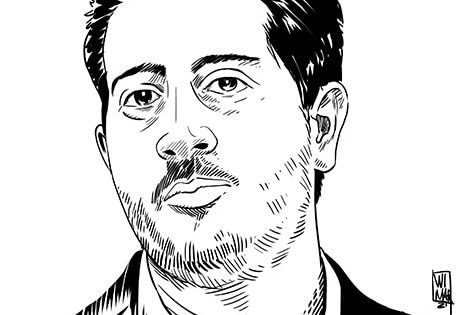Almost two years after the first crop of journalists arrived in Spain, the four who remain in the country are living under extremely difficult conditions, struggling even to feed themselves.
(CPJ/IFEX) – 17 April 2012 – The following is a CPJ blog post:
By María Salazar-Ferro/Coordinator, Impunity Campaign and Journalist Assistance Program
In 2010, following midsummer negotiations between the Catholic Church and the government of President Raúl Castro, Cuban authorities began releasing imprisoned journalists, sending them into forced exile with their families. In April 2011, the last of more than 20 journalists arrived in Spain. They had been granted liberty and respite, and were promised support from Spanish authorities while they settled into the new country. But almost two years after the first crop of journalists arrived in Spain, the four who remain in the country are living under extremely difficult conditions, struggling even to feed themselves.
Mijaíl Bárzaga Lugo, Julio César Gálvez Rodríguez, Ricardo González Alfonso, and Omar Rodríguez Saludes were among the 29 reporters and editors scooped up by Cuba during a 2003 massive crackdown on the island’s dissidents and independent press. Bárzaga Lugo, a reporter for the independent news agency Agencia Noticiosa Cubana, was handed a 15-year prison sentence; Gálvez Rodríguez, a veteran journalist, was also given 15 years; Ricardo González Alfonso, a freelance reporter, poet, and correspondent for Reporters without Borders, got 20 years; and photographer Rodríguez Saludes was handed a whopping 27 years in jail. The inhuman conditions in which they lived behind bars included rotten food, withheld medical attention, and overflowing toilets, just to name a few. At home, their families were continuously harassed by authorities and neighbors for being linked to Cuba’s dissidence.


